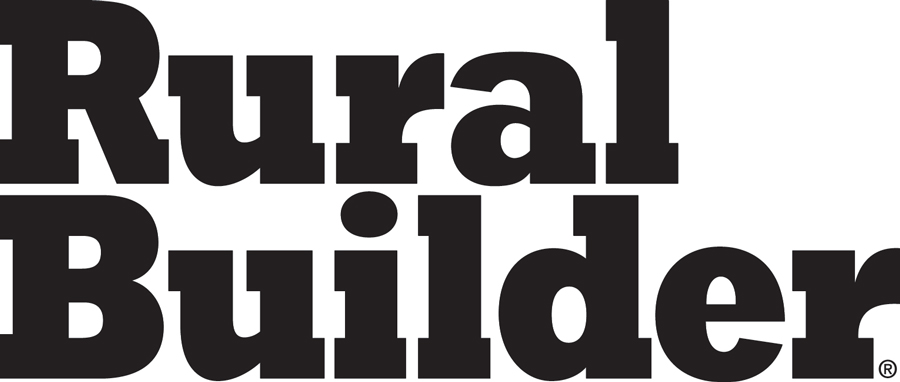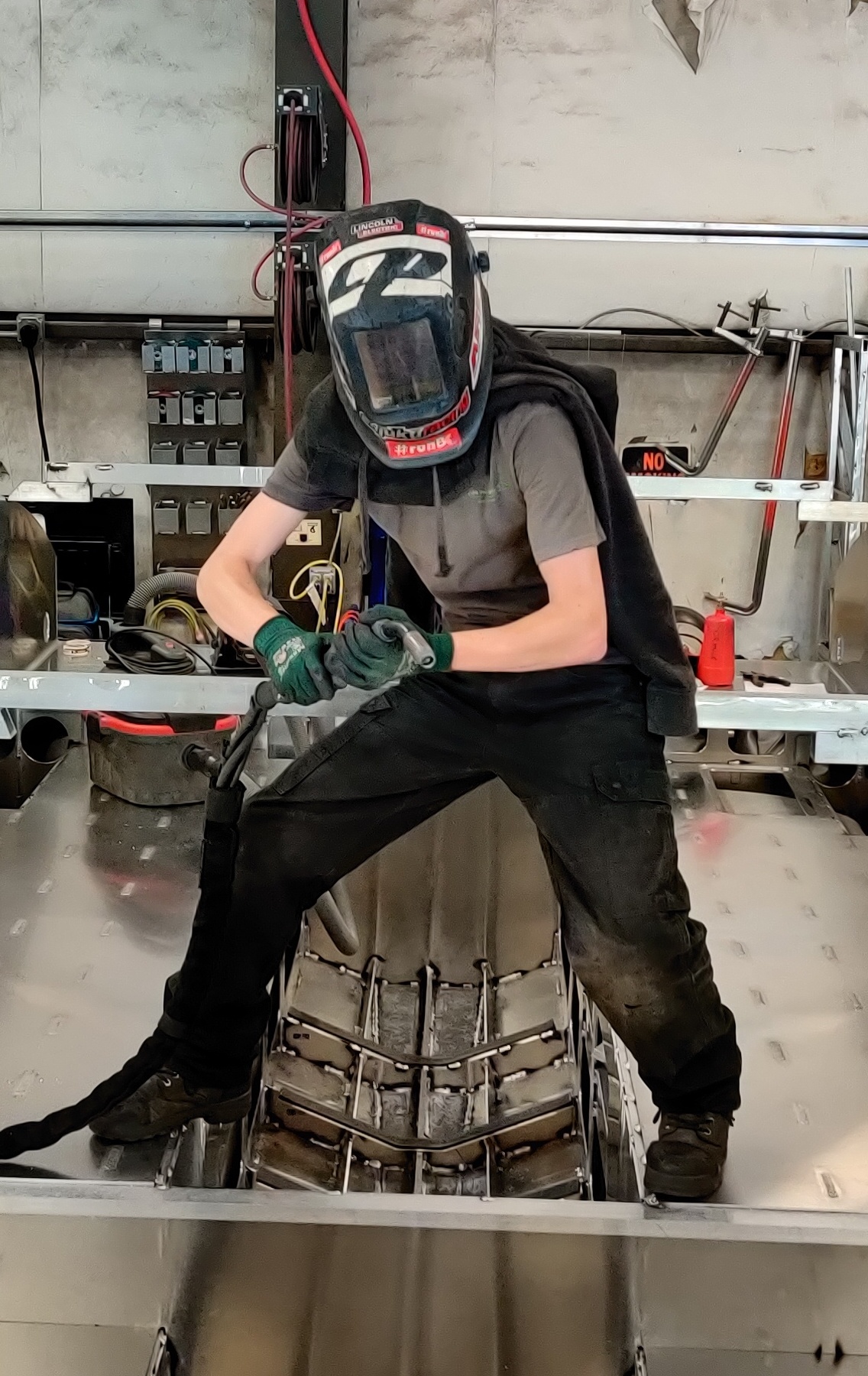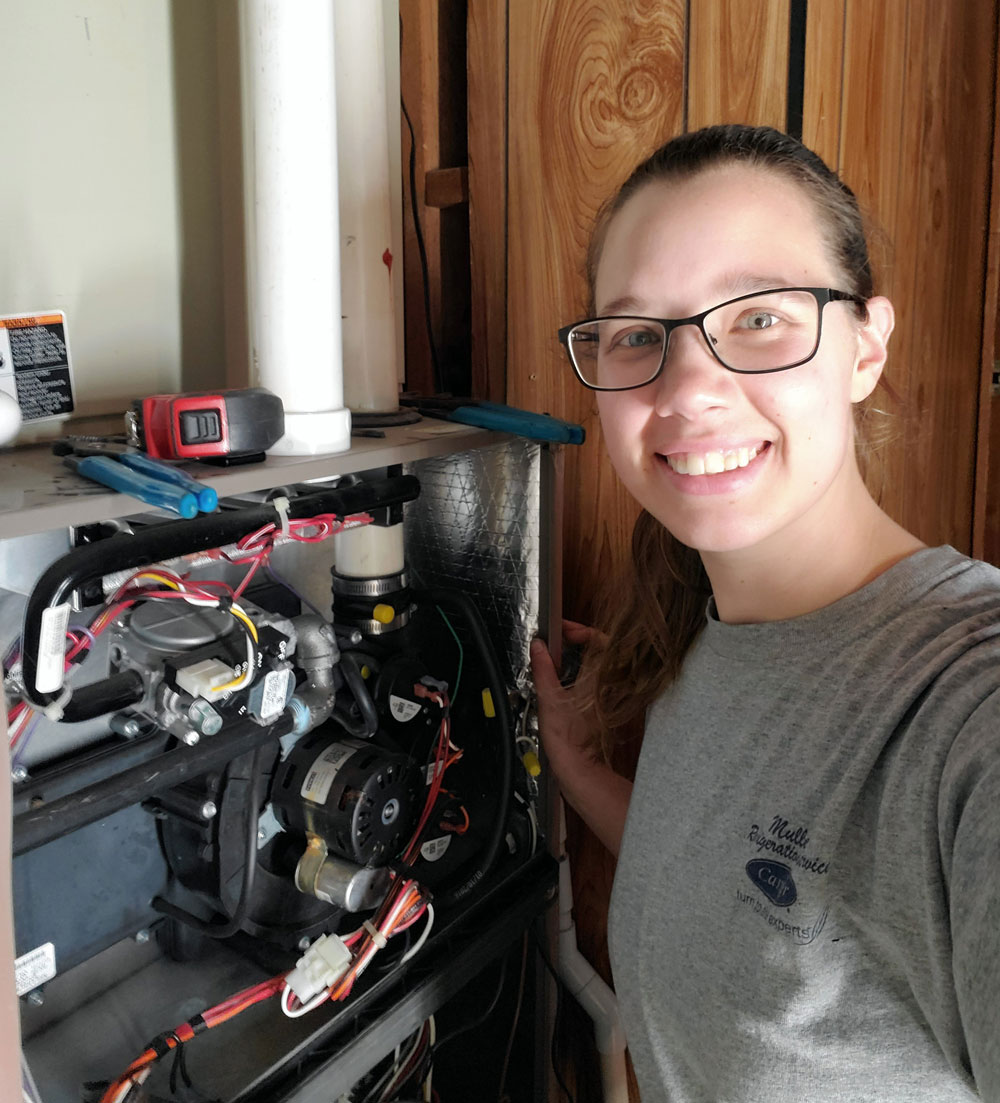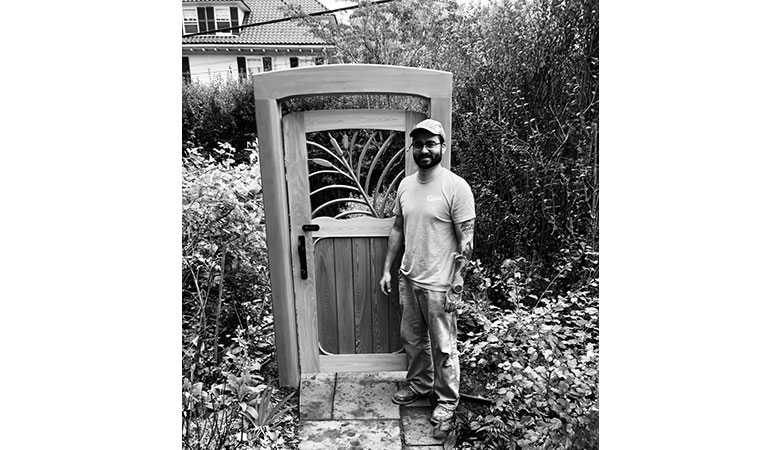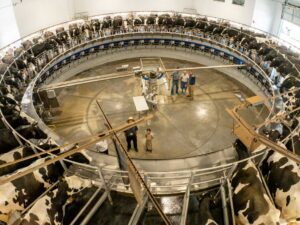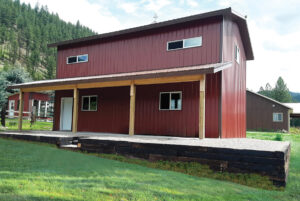Hannah Maienbrook had always loved hands-on activities. Dyslexia made school difficult, but she found she learned by doing.
Finding Out About Welding
In eighth grade, the students were given the chance to learn about various career courses that depart from the usual choices. A police course, a culinary degree, nursing, construction, and others were offered at the Trade Center as part of their curriculum. Maienbrook decided to pursue welding.
As the only student who chose the welding course, she got a lot of attention, and once she got the hang of it, she found that she enjoyed making things. It was very satisfying and it was fun. Maienbrook thought she could see herself doing it for the rest of her life. After high school in Linden, Michigan, she signed on to the area trade school, Hobart, and when she applied, she was informed about the m Scholarship. Hannah and family had always watched Dirty Jobs, so they were excited to find out that there was a scholarship for people who did dirty jobs.
Maienbrook went through the application process without any problem. Though she had to answer essay questions, something that is not the easiest for her, she said, “I don’t think it was much to ask when they were offering free money for school.”
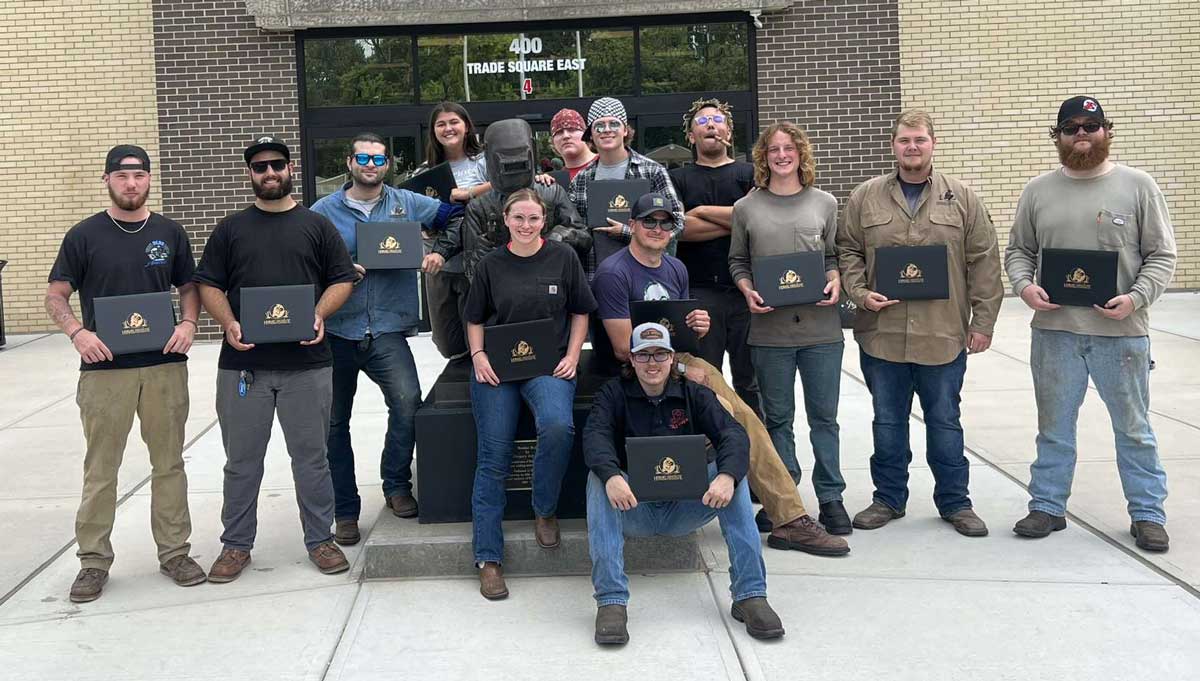


Maienbrook practicing her favorite: TIG welding. 
Maienbrook stick welding in class.
Part of the application process was to create a video that showed why the applicant was a good choice for the scholarship. Maienbrook’s video showed her in the small fab shop she worked at. The ventilation system wasn’t always reliable and she was doing a lot of MIG welding, so she was depicted in her usual working attire, covered in grease and enjoying it.
Jumping through the hoops paid off; she received the scholarship and it helped pay for technical college.
When starting your welding education, a student learns all the basic processes and then chooses a particular focus. Maienbrook really enjoyed TIG (tungsten inert gas) welding and she decided to take that pathway.
Instructors recognized her deep interest in TIG, making an exception and allowing her to complete that portion before continuing with other classes.
Between hands-on exercises, class lectures, and minimal reading, Maienbrook became a welder. Instructors allowed her to take oral exams just as she had in high school. She found that learning impediments such as dyslexia, or ADHD aren’t uncommon in the welding trade. With determination these things can be overcome.
After Technical College
Following technical college, Maienbrook got a traveling job making cheese vats and other fine grade work; this involves advanced process techniques. She found it challenging, but she stuck with it because she recognized that she was learning so much.
Working in this industry, Maienbrook found that, for the most part, she was working with guys.
“I get along with the guys because there is no drama with me and I want to do everything,” said Maienbrook. “A lot of the old-timers treat me like I’m their daughter,” she added. “It’s great!”
Eventually she decided she would like to find work close to home. She found one at Baker’s Industry owned by Lincoln Electric, and since she had always wanted to get into nuclear and aerospace, this was a great opportunity for her!
Other benefits of living near home again include her ability to give back by helping out at the high school she attended, working with students who are interested in welding. She was also chosen as one of three of the trade school’s previous students who were the most driven welders to serve on the welding board. In this capacity, she provides feedback on what skills the students need to develop to go out into the welding field and other insights.
What’s Next?
Maienbrook has looked into becoming a Construction Welding Inspector (CWI). This job entails inspection and certification of welds to make sure they meet code and are safe for bridges and other structures.
She is also considering becoming a welding teacher at either the high school or technical college. She has been serving as a mentor over the last five years and loves it. She thinks that in order to get more young people into welding, it is important to get them excited about it because, in the end, it’s all about attitude. RB
As a result of a collaboration with mikeroweWORKS Foundation (www.mikeroweworks.org), Rural Builder is featuring profiles of Work Ethic Scholarship recipients in each of its issues. Over 2,000 scholarships have been awarded to trade-school students who value hard work and taking personal responsibility. Rural Builder applauds these students and wants to acknowledge their choice to apply their talents to skilled trades. Thank you, mikeroweWORKS Foundation, for your continuing efforts to close the skills gap and “reconnect the average American with the value of a skilled workforce.”

